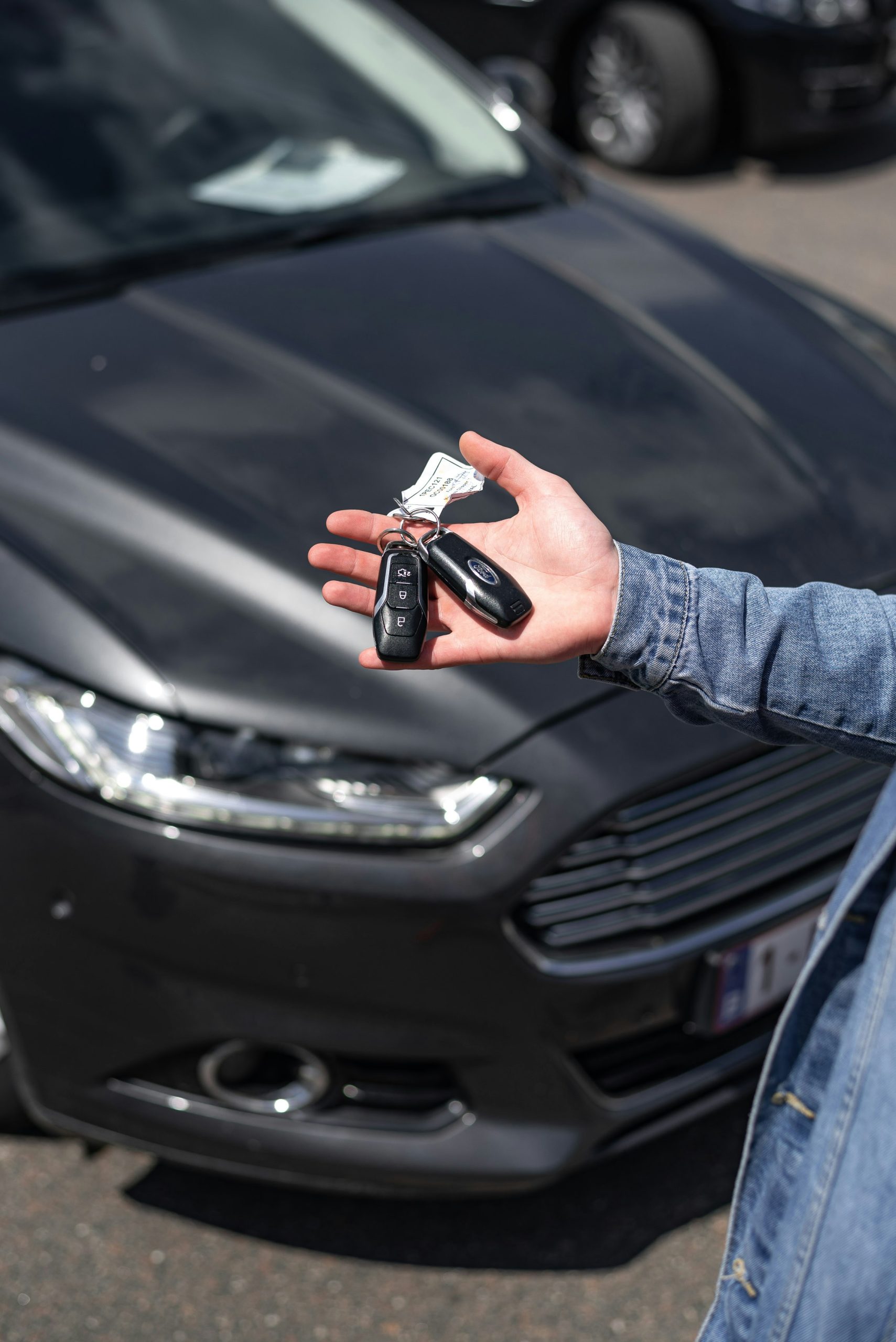In a world where new car prices are soaring, and even used car prices have seen record hikes, many shoppers are feeling stuck. Should you shell out for a brand-new model and risk instant depreciation? Or take your chances on a used car and hope it doesn’t come with hidden issues?
The truth is, buying a used car still makes financial sense. But in today’s market, it requires strategy, patience, and a few insider tips to make sure you’re not paying close to new car prices for something that’s been on the road for five years.
Whether you’re replacing your old vehicle or buying your first car, here’s how to get the most value without getting swindled.
Know the Real Value, Not Just the Asking Price
Just because a used car is listed at $22,000 doesn’t mean that’s what it’s worth. Use online tools like Kelley Blue Book, Edmunds, or NADA Guides to check the actual value of the vehicle based on its make, model, year, mileage, and condition. This gives you a solid starting point for negotiations.
Dealerships often price used cars higher than private sellers, but that doesn’t mean you can’t negotiate them down. Don’t be afraid to make an offer based on market value—especially if you’ve done your homework.
Shop for Cars That Are 3–5 Years Old
This is the sweet spot where depreciation works in your favor. New cars lose around 20% of their value in the first year alone and nearly 60% by year five. When you buy a car that’s already gone through the steepest depreciation curve, you get a better deal for a vehicle that likely still has many good years left. Cars in this age range often still have modern features, decent mileage, and sometimes even a portion of the manufacturer’s warranty remaining.
Be Wary of Certified Pre-Owned Upcharges
Certified Pre-Owned (CPO) vehicles are sold by dealerships, and have been inspected and refurbished, and usually include some warranty coverage. While this sounds great, the markup for CPO vehicles can be steep and sometimes not worth the added cost. If you’re confident buying from a private seller or getting a mechanic to inspect the vehicle, you can often find the same model for thousands less than a CPO version.
Avoid Financing Traps and Hidden Fees
If you’re financing your used car purchase, pay attention to the interest rate. Used car loans often have higher rates than new car loans, and that difference can add up over time. Try to secure financing through a bank or credit union before visiting a dealership. This gives you more control and lets you focus on negotiating the price of the car, not the monthly payment.
Also, read the fine print for fees. Dealerships sometimes tack on add-ons like VIN etching, paint protection, or unnecessary service contracts. You can (and should) decline these.

Always Get a Pre-Purchase Inspection
Even if the car looks great and the seller seems trustworthy, a pre-purchase inspection from a licensed mechanic is a must. It usually costs $100–$200, but it can save you thousands by uncovering issues the seller didn’t disclose or didn’t even know about. Many buyers skip this step out of impatience, but it’s one of the most important moves you can make when trying to avoid overpaying.
Time Your Purchase Right
Like anything else, car prices fluctuate with supply and demand. Shopping for a used car at the end of the month, quarter, or calendar year, especially at dealerships, can give you a pricing advantage. Salespeople often have quotas to hit and may be more willing to negotiate to close the deal. Additionally, avoid shopping during high-demand seasons, like spring and early summer, when inventory gets tighter and prices climb.
Don’t Be Afraid to Walk Away
There’s always another used car. If the price feels off, if the seller is dodging your questions, or if something just doesn’t sit right, walk away. Buying a car is a big investment, and rushing into a deal out of fear of missing out usually backfires. Take your time, trust your instincts, and remember: your goal isn’t just to buy a car. It’s to buy the right car at the right price.
Is It Worth It in the End?
Buying a used car isn’t just about saving money upfront. It’s about avoiding excessive debt, sidestepping rapid depreciation, and maintaining financial flexibility. With the right research and strategy, you can score a reliable ride without the premium price tag.
Have you bought a used car recently? What was your experience like—smooth sailing or a lesson learned the hard way?
Read More:
How to Save for a Down Payment on A Car (Even on a Tight Budget!)
Car Title Loan Calculator: Your Guide to Smart Borrowing
Riley is an Arizona native with over nine years of writing experience. From personal finance to travel to digital marketing to pop culture, she’s written about everything under the sun. When she’s not writing, she’s spending her time outside, reading, or cuddling with her two corgis.
Read the full article here














